Entrepreneurs and startups are increasingly entering one of the greenest spaces in the food and beverage industry: food waste. In the era of upcycling, tackling food waste and building a business around it is perhaps one of the most sustainable ventures.
As the largest contributor to world hunger and a major source of greenhouse gasses, food waste continues to be one of the most pressing environmental and agricultural issues. The United Nations estimated that one-third of all food is lost or wasted from production to distribution. This amounts to nearly 1.3 billion tons of wasted food across the globe and costs up to $940 billion annually.
But the efforts of several companies and nonprofits that are challenging this growing concern are not going unnoticed. Xtalks spoke with Alex Waite, co-founder of Shameless Pets — an innovative line of dog treats that uses upcycled ingredients — to find out how the company is taking advantage of untapped food waste.
From Concept to Launch
With a background in food science and nutrition, Waite started in the food industry at an organic cracker company where she took ideas from concept to the shelf — and everything in between that 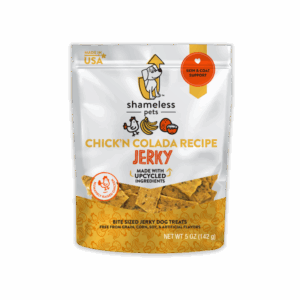 goes into making a food product come to life. In June 2017, Waite was tinkering with ingredients in her home kitchen, trying to fulfill an entrepreneurial itch to create her own products.
goes into making a food product come to life. In June 2017, Waite was tinkering with ingredients in her home kitchen, trying to fulfill an entrepreneurial itch to create her own products.
Once the pet food prototypes were perfected, Waite collaborated with Shameless Pets’ co-founder, James Bello, whom she met at a startup event. With Bello’s retail background working as a food buyer for Target and Waite’s experience creating food products, the two launched Shameless Pets only nine months after the idea was conceived with a shared passion for dogs and the environment.
“We have complementary expertise,” Waite says about her business partnership with Bello. “I have a product idea and he’s great at moving things along from a business perspective and sales… It’s fortunate given our backgrounds that we weren’t starting from scratch.”
While many other pet food brands claim to be fully sustainable, Shameless Pets was the first to prioritize upcycled ingredients — meaning the company’s products are manufactured from food that would otherwise go to waste. Waite emphasized the importance of communicating the company’s sustainable message to consumers and letting them know that they too can take advantage of everything available to them.
How Does Food Get Wasted Across the Supply Chain?
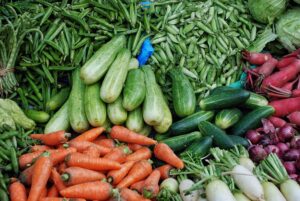 Most fruits and vegetables — especially those that are organic and non-GMO — don’t come out of the ground looking like the perfect produce displayed on grocery store shelves. So what happens to the bruised, misshapen produce when it isn’t deemed grocery store quality? Waite explaines, “Generally, they get put back into the earth for compost which, to some extent, is helpful for the earth, but in others, it is a waste of resources.”
Most fruits and vegetables — especially those that are organic and non-GMO — don’t come out of the ground looking like the perfect produce displayed on grocery store shelves. So what happens to the bruised, misshapen produce when it isn’t deemed grocery store quality? Waite explaines, “Generally, they get put back into the earth for compost which, to some extent, is helpful for the earth, but in others, it is a waste of resources.”
From a farm level, the fruits and vegetables that aren’t composted need to be transported, which is another source of food waste. If produce isn’t packed properly, it can become damaged during transportation. Then there’s the retail shelf, Waite points out, where grocery stores “generally show too many products and overbuy so they can have a full shelf.” Waste also occurs at the retail level since not all produce is purchased.
Beyond this, a substantial amount of food waste is generated by consumers. However, “At Shameless Pets, we work with pre-consumer waste or the products at the farm level,” Waite says. “Essentially, we buy the ugly apples. We buy the potatoes that are too big or too small for the retail shelf.”
Related: Upcycling Food Waste: Trend or Here to Stay?
The True Cost of Upcycling Food Waste
It is a common assumption that purchasing excess food comes with a discount — and sometimes this is true. But Waite explains that the reason food products go to waste is that it costs money to process them. “If there isn’t somebody on the other end who wants them or has a need for it, why would people spend the time and the resources to process something to have no buyer for it?”
In some cases, Waite clarifies, acquiring food waste can be cheaper. But the additional processing, time and resources spent to make a usable product all adds up and evens out. In many cases, Shameless Pets spends more money than traditional pet food companies since it created and implemented new systems that didn’t previously exist in the space.
In the upcycled food sector, the majority of the companies that exist today are startups, who, like Shameless Pets, are navigating and changing the space as they go. “We don’t have the economies of scale that all of the bigger brands have with their manufacturing and supply chain. So we’re already at a disadvantage in that way, plus we’re doing something a little differently,” Waite notes.
How Shameless Pets Found Success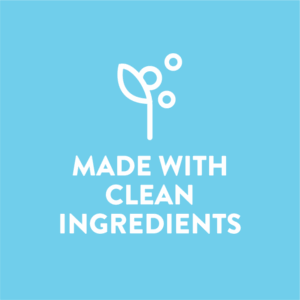
Since the launch of Shameless Pets, Waite has interacted with customers to found out what they like about the products. What she found was that consumers were driven to purchase Shameless Pets’ products because of the clean ingredients they use. “Essentially, all of our ingredients are easily understood and things that people feel good about giving to their pets.”
The key to Shameless Pets’ success was simplicity. In using ingredients that people would use at home to make for themselves or their pets, the company keeps things simple and avoids overcomplicating what works. But the path to success wasn’t all easy. Aside from developing the supply chain, Waite emphasizes the challenge of educating consumers.
“People that get it are really excited about the concept, but it’s a very new concept for most people,” Waite points out. “To really educate when you’re a startup or a small brand, and try to explain to people what you’re doing concisely, is really difficult. So I’m excited that more and more brands are coming into this space and we are working to unite our messaging and how we talk about our impact.”
Working Through the Challenges of the COVID-19 Pandemic
Like most food companies, Shameless Pets was not immune to the various obstacles brought on by the COVID-19 pandemic. Back in March, some of the company’s retail launch plans were delayed due to the unknowns of the pandemic. Plus, launching a new product comes with a learning curve at the retail level, further delaying some launch plans.
Shameless Pets also experienced some supply chain and distribution issues. But as a relatively new company, it faced another unique challenge. “Getting people to go into stores to ‘treasure hunt’ or find something new is less likely to occur in these COVID-19 days when most people are just there to grab what they need and get out,” Waite says.
To overcome the “treasure hunt” challenge, Shameless Pets is working with online partners and will be launching with Thrive Market, an online, membership-based retailer that offers natural and organic food products. Consumers can also find Shameless Pets’ products on Amazon and through the company’s website. In stores, its products are sold at Whole Foods, some Costco locations and regional grocers.

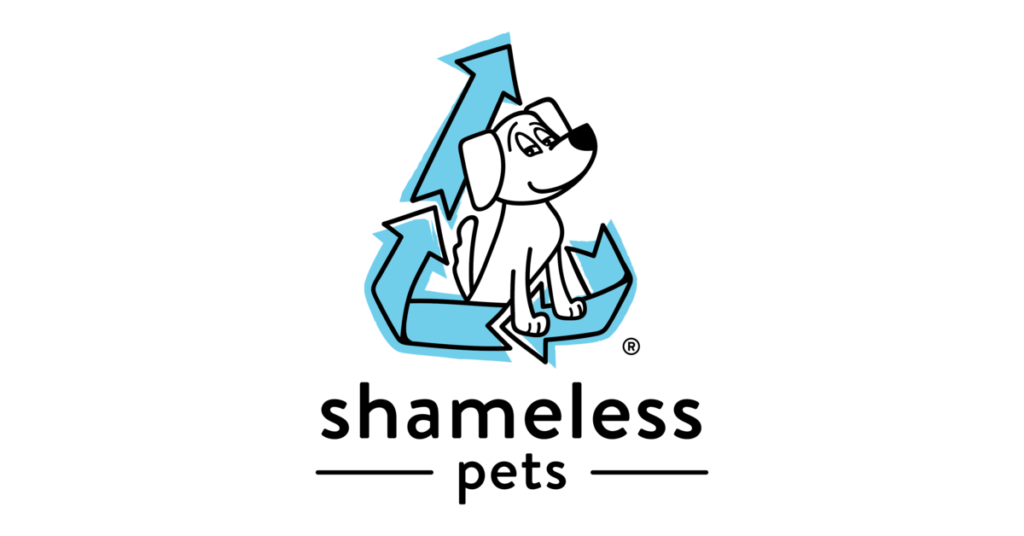


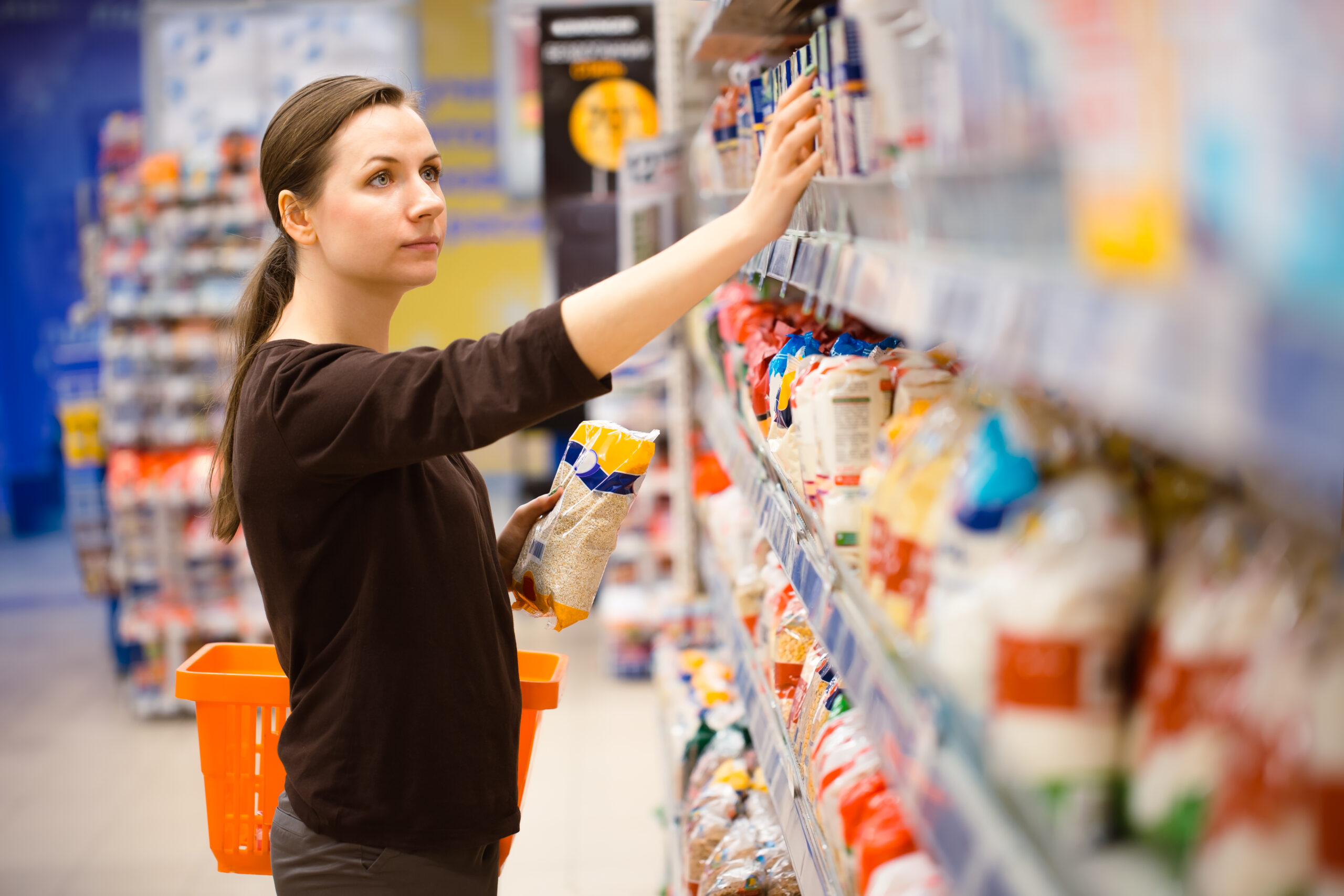

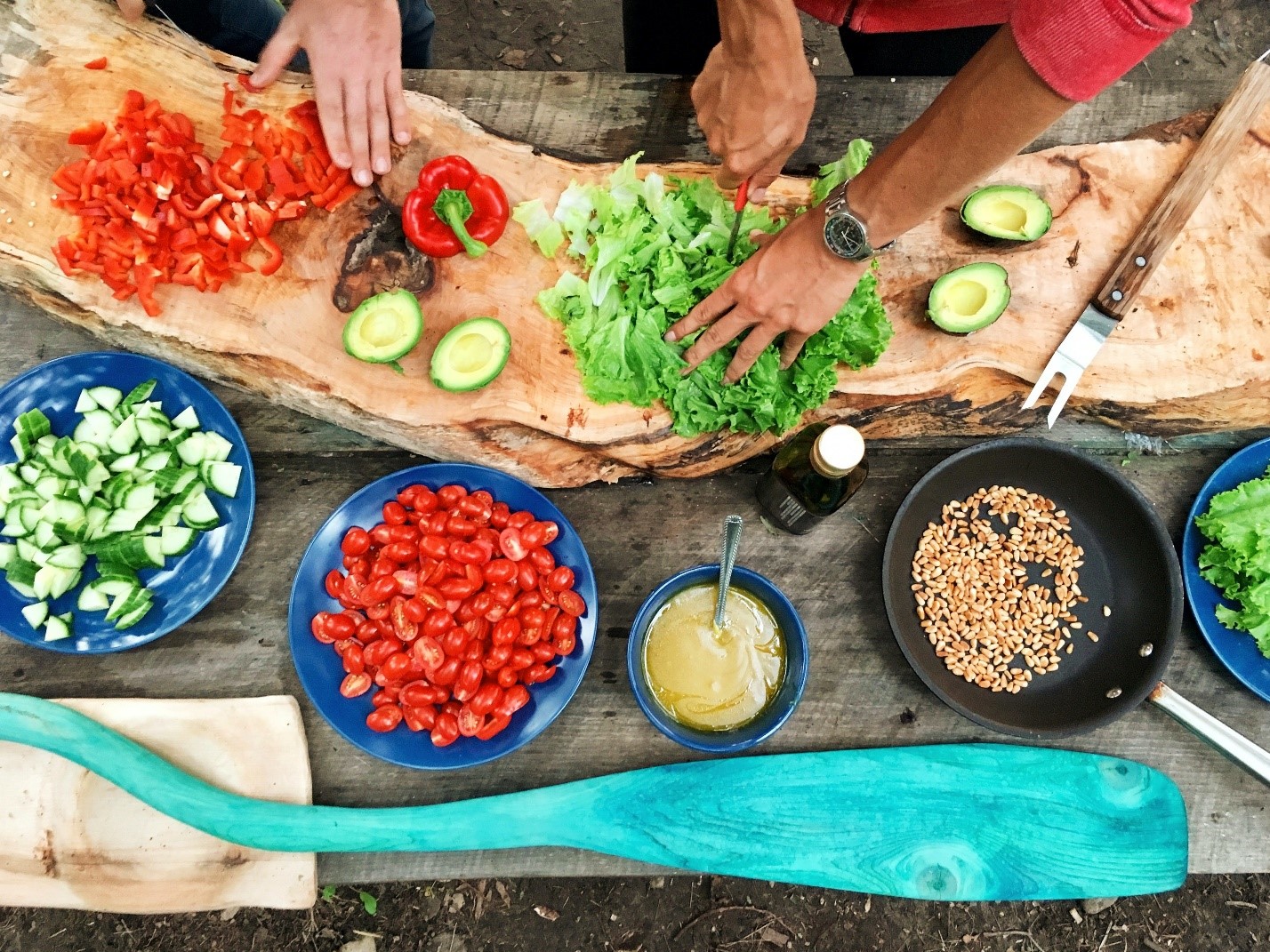



Join or login to leave a comment
JOIN LOGIN